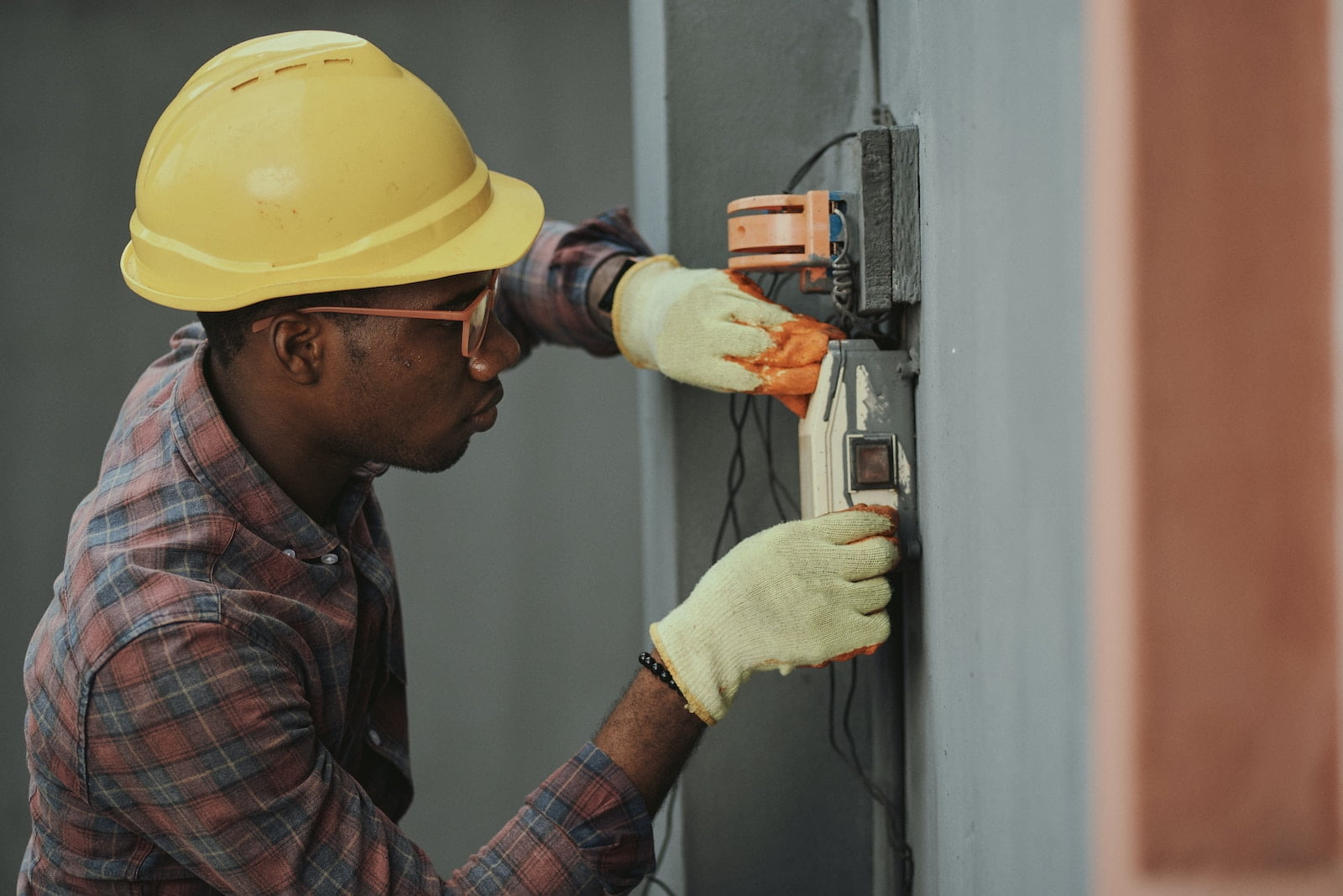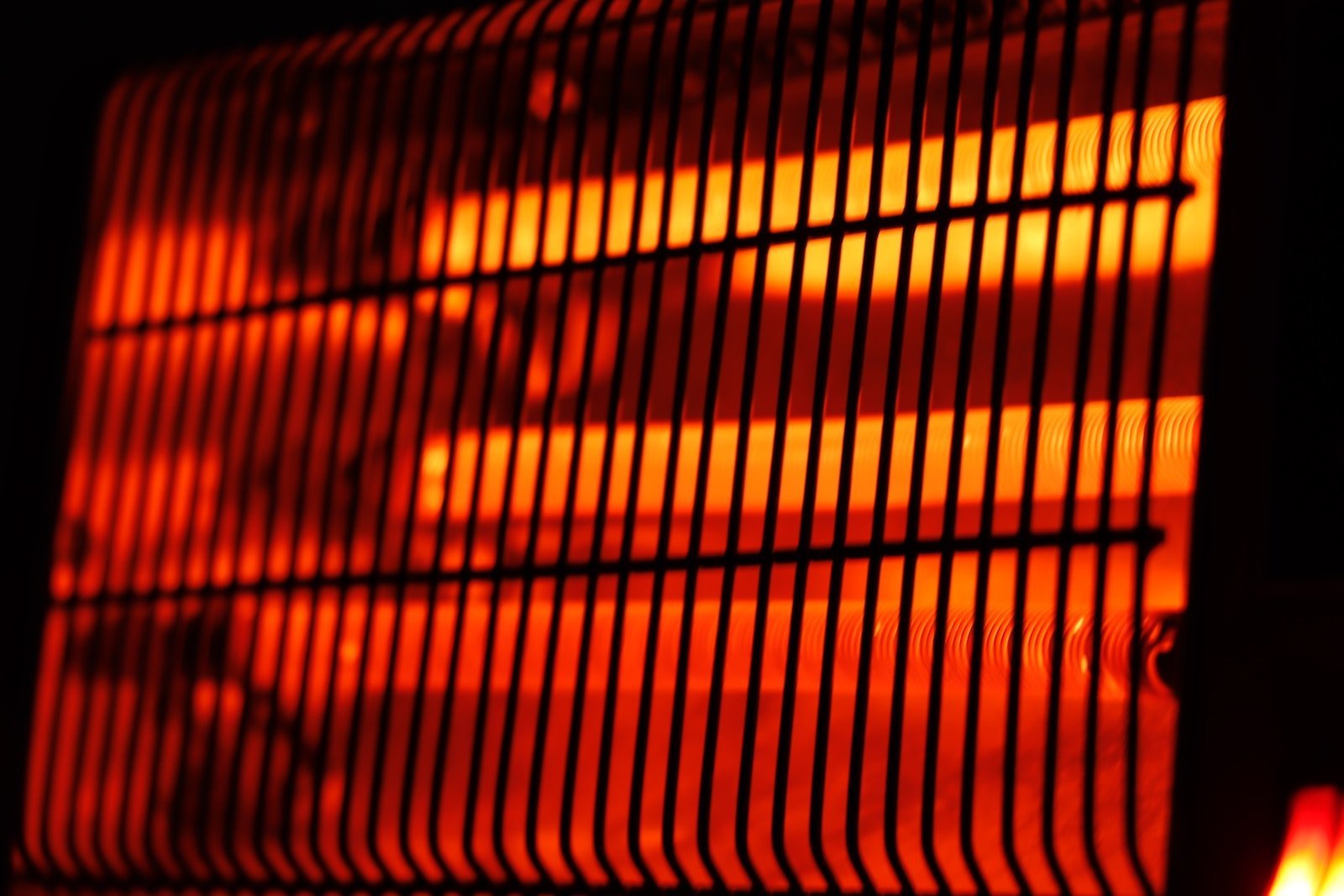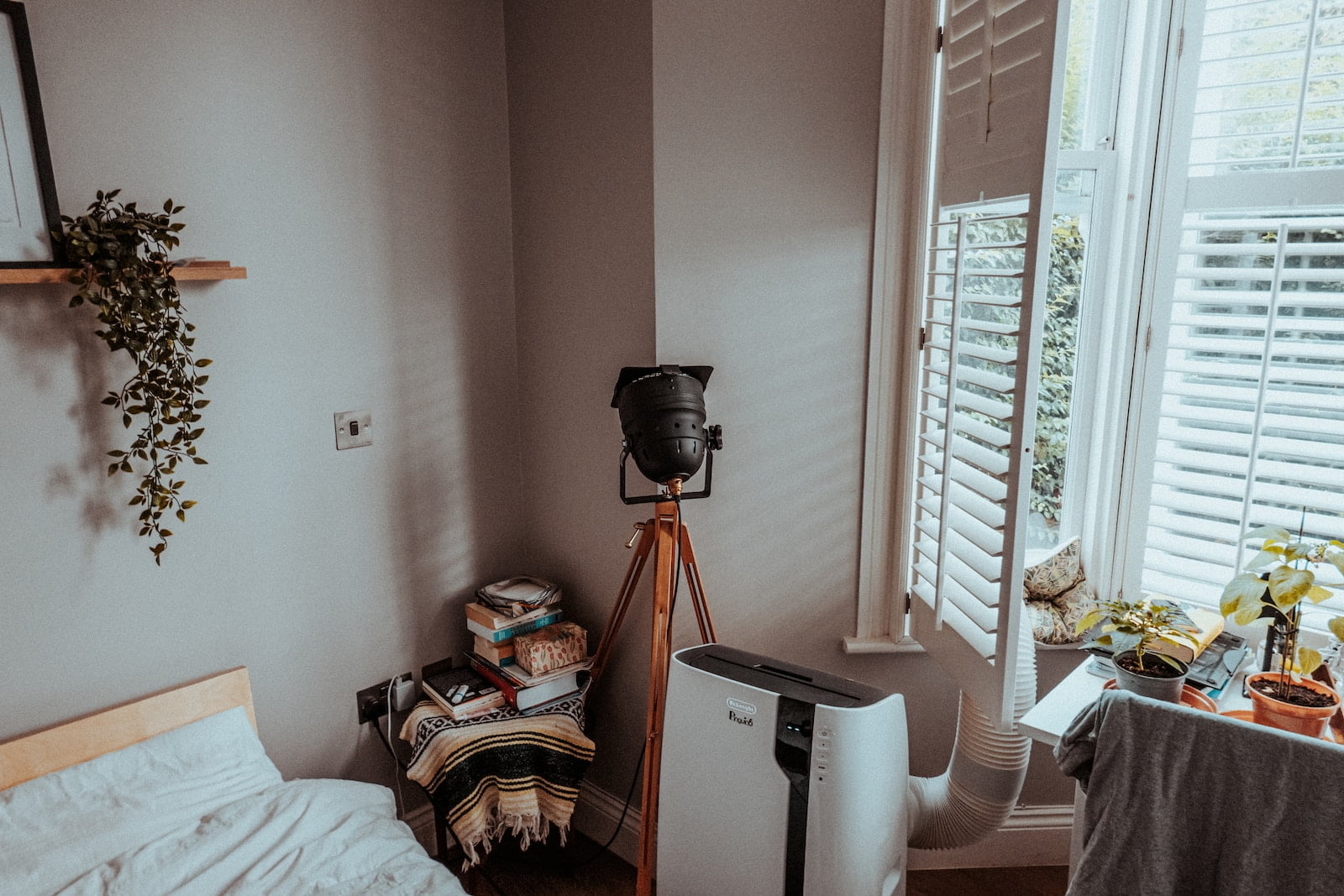How to Fix Your AC Blowing Warm Air: Troubleshooting Guide
When the temperature outside starts to climb, the air conditioning unit becomes a vital component in keeping our homes and workplaces comfortable. However, like any other mechanical system, AC units can experience problems that can affect their performance. These problems can range from minor issues, such as clogged filters, to major malfunctions, such as compressor failure. One of the most common issues that homeowners experience with their AC units is the production of warm air instead of cool air. This problem can be a cause for concern, as it can lead to discomfort and even health issues. In this article, we will explore some of the common AC problems that can cause warm air to blow and why it is important to address this issue promptly.
Checking Thermostat Settings, Air Filter, and Circuit Breaker
If your HVAC system is not functioning properly, there are a few basic troubleshooting steps you can take before calling a professional. The first thing to check is the thermostat settings. Make sure the thermostat is set to the desired temperature and that it is set to the correct mode (heating or cooling). If the thermostat is battery-operated, check to see if the batteries need to be replaced.
The second thing to check is the air filter. A dirty air filter can cause your HVAC system to work harder than it needs to, which can lead to higher energy bills and reduced efficiency. Check the air filter and replace it if it is dirty or clogged. It is recommended to replace the air filter every 1-3 months, depending on usage.
The third thing to check is the circuit breaker. If the circuit breaker for your HVAC system has tripped, it will need to be reset. Locate the circuit breaker panel and find the breaker that controls the HVAC system. If the breaker is in the “off” position, flip it to the “on” position. If the breaker trips again, there may be a more serious issue that requires professional attention.
By checking these three basic components, you may be able to resolve the issue with your HVAC system without the need for professional assistance. However, if these steps do not resolve the issue, it is best to call a professional HVAC technician to diagnose and repair the problem.
Advanced troubleshooting: Checking refrigerant levels, cleaning coils, and inspecting ductwork
When it comes to advanced troubleshooting for your HVAC system, there are a few key tasks that you should be familiar with. One of the most important is checking your refrigerant levels. Low refrigerant levels can cause your system to work harder than it needs to, which can lead to higher energy bills and reduced efficiency. To check your refrigerant levels, you’ll need to use a special gauge that measures the pressure in your system. If the pressure is too low, you may need to add more refrigerant.
Cleaning your coils is another important task that can help keep your HVAC system running smoothly. Over time, dirt and debris can build up on your coils, which can reduce their efficiency and make your system work harder than it needs to. To clean your coils, you’ll need to turn off your system and carefully remove the cover to access the coils. Then, you can use a soft brush or vacuum to remove any dirt or debris that has accumulated.
Finally, inspecting your ductwork is another important task that can help ensure that your HVAC system is working as efficiently as possible. Over time, leaks or gaps in your ductwork can develop, which can allow air to escape and reduce the effectiveness of your system. To inspect your ductwork, you’ll need to carefully examine all of the joints and connections to make sure that they are properly sealed. If you find any leaks or gaps, you can use special tape or sealant to fix them.
DIY Fixes for Your AC: Replacing Air Filter, Cleaning Coils, and Adding Refrigerant
When it comes to maintaining your AC, there are a few things you can do yourself to keep it running smoothly. One of the easiest and most important tasks is replacing the air filter regularly. A dirty filter can cause your AC to work harder than it needs to, which can lead to higher energy bills and even damage to the system. Most filters need to be replaced every 1-3 months, depending on usage.
Another important DIY task is cleaning the coils. Over time, dirt and debris can build up on the coils, which can also cause your AC to work harder than it needs to. To clean the coils, you can use a soft brush or vacuum to remove any debris. Be sure to turn off the power to the unit before cleaning.
Finally, if your AC is low on refrigerant, you may be able to add more yourself. However, it’s important to note that adding refrigerant can be dangerous if you don’t know what you’re doing. If you’re not comfortable doing it yourself, it’s best to call a professional. If you do decide to add refrigerant yourself, be sure to follow the manufacturer’s instructions carefully and wear protective gear.
Signs that the problem is beyond DIY fixes
If you notice that your AC unit is making strange noises, emitting strange smells, or not cooling your home properly, it may be time to call in a professional. These are all signs that the problem is beyond DIY fixes and requires the expertise of a trained technician. Attempting to fix these issues yourself can be dangerous and may lead to further damage to your unit. Additionally, if you notice any leaks or pooling water around your unit, it is important to call a professional immediately, as this could indicate a serious problem.
The importance of regular AC maintenance
Regular AC maintenance is crucial in preventing major issues with your unit. A professional technician can perform routine maintenance tasks such as cleaning the coils, checking refrigerant levels, and inspecting electrical connections. This can help to increase the lifespan of your unit and prevent costly repairs down the line. Additionally, regular maintenance can help to improve the efficiency of your unit, which can lead to lower energy bills and a more comfortable home. Don’t wait until a problem arises to call a professional – schedule regular maintenance appointments to keep your AC unit running smoothly.






